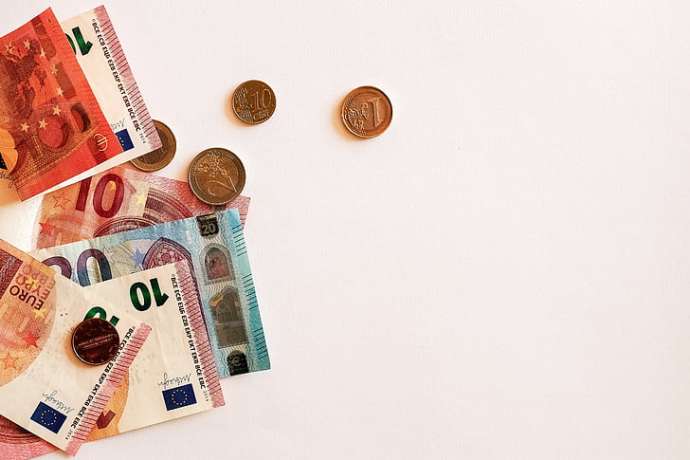STA, 15 October 2020 - The National Assembly passed in a 48:29 vote on Thursday the fifth package of legislation designed to help the society at large, and the healthcare system in particular, cope with the coronavirus epidemic.
One of the principal measures of the legislation, which is estimated at EUR 420 million, is an extension of the furlough subsidy scheme for companies until the end of the year.
The state will continue to cover sick pay for workers in quarantine, including when they are on sick leave to care for quarantined children.
Sole proprietors and freelancers will once again be eligible for a monthly basic income, a measure that was already in place in the spring.
From October until the end of the year they will be able to get EUR 1,100 per month if their revenue in 2020 is 20% lower than last year.
The state will provide funds for personal protective equipment and other equipment for public health institutions and care homes and will also cover loss of income for these institutions due to vacant capacities. A task force will be established to advise the institutions in case of infections.
New bonuses will be introduced for workers in healthcare and social security. Those working directly with patients in grey and red zones, respectively for those with confirmed or suspected infections, will get 30% bonuses, and those assigned to new posts will get 20% higher pay.
Several inspectorates will have the power to monitor compliance with measures related to the epidemic. Police and traffic wardens will be able to complete small offences procedures without having to forward cases to the Health Inspectorate.
Quarantine decisions will be simplified. The National Institute of Public Health will be able to order people to quarantine in the event of contact with an infected person, while police officers will have the power to do that on the border for arrivals from high-risk countries. The quarantine orders may be oral, a solution that the opposition objected to.
The bill introduces free flu shots for everybody with a health insurance and aims to bring some relief to the healthcare system by allowing up to three days of paid sick leave three times a year without having to see a GP.
According to Elena Zavadlav Ušaj of the coalition Democrats (SDS), this will reduce the workload on community health centres.
As of 1 January doctors employed by public institutions will no longer be allowed to work for more than eight hours a week in private practices.
Another healthcare-related solution, an effort to cut waiting periods, is allowing private practitioners without public concessions to apply for public funds. EUR 42 million will be available in a public call in which public and private health care providers will compete on equal terms.
Primož Siter of the of the Left said that nothing will have changed for patients, but a lot of money will go to owners of private healthcare providers. Vojko Starović of the Alenka Bratušek Party (SAB) believes that public funds should be used to fill up the capacity of public healthcare providers.
Defending the motion, Labour, Family, Social Affairs and Equal Opportunities Minister Janez Cigler Kralj said the government wanted to make use of any available capacity in healthcare.
"If previous solutions that only saw money being given to the system made no significant changes in cutting waiting periods, in fact they grew longer, it would be foolish to expect a better outcome if we used the same manoeuvre once again," said Cigler Kralj, adding that the measure focused on the patient, who will get fast access to good services.
The opposition National Party (SNS) meanwhile believe this measure to be an experiment which will have no effect whatsoever. "If public healthcare institutions have available capacities, they should work, we don't need a public call for that," said MP Dušan Šiško, who believes the biggest problem is not money but poor organisation and understaffing.
SDS deputy Mojca Škrinjar said: "I don't care if the health service is rendered by a private provider, concessionaire or a public community health centre or public hospital. What I want is fast, quality health service when I need it."
Some of the decisions were decried by the opposition as having nothing to do with the epidemic. One such measure is the repeal of a law that fixes the prices of books for a certain period. Following protests by the opposition, the final solution was that the repeal will be temporary, lasting only until the end of April 2022.
The law also provides the legal basis for a new mobile application for exposure notification. The new app will include a functionality that will inform users about preventive measures.






